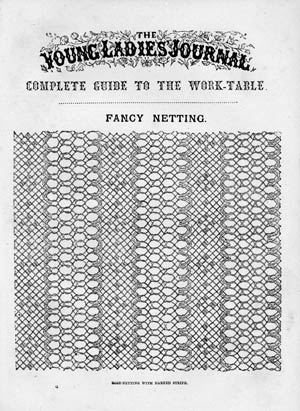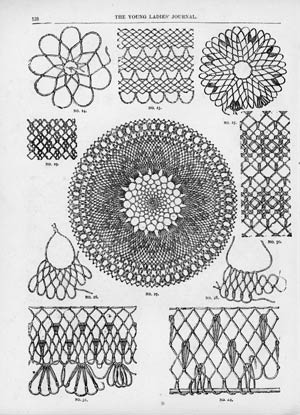![]()
NOTES ON ISSUE 9: GLOSSARY
his little mean excise-rod
An excise rod was a measuring stick used by officials in order to determine
the excise tax to charge, either during the manufacturing process or before
sale.
the World, with its best glass in its eye
The "glass in its eye" is a reference to a monocle, which may have
been a sign of worldliness or pretension.
an impromptu wrestle with my friend Bounderby in
the Lancashire manner
The Lancashire style was a particularly rough-and-tumble type of wrestling.
To win, a competitor had to hold down his opponent’s shoulders for two seconds.
It was considered the most vicious of the various English manners of wrestling,
and it gave rise to such maneuvers as the half nelson and full nelson.
thirteen or fourteen stone
A stone is a standard British measurement of 14 pounds: thus, between 182 and
196 pounds.
his hotel in St. James's Street
A fashionable area in London's West End, running between Pall Mall and
Piccadilly and near a number of gentleman's clubs.
Venus, who had risen out of the mud instead of the sea
Venus, the goddess of love in Roman mythology (called Aphrodite in Greek
mythology), is said to have been born from the sea.
Not the least eager
of the eyes assembled were the eyes of those who could not read. These people,
as they listened to the friendly voice that read aloud—there was always some
such ready to help them—stared at the characters which meant so much with a
vague awe and respect that would have been half ludicrous, if any aspect of
public ignorance could ever be otherwise than threatening and full of evil.
When Dickens arrived in Preston in January 1854 to observe the strike, he found
the town quiet; he wrote to his friend John Forster that one of the only signs
that anything was different there was the "crowds at the street-corners
reading the placards pro and con." Literacy rates rose during the nineteenth
century, particularly in urban areas, thus creating the vast market for popular
literature that was a major factor in Dickens's own success. Nevertheless, many
of the working class might have remained unable to read, particularly older
workers who had come of age before then-recent laws requiring children in factories
to receive some schooling.
saying that he was forced to seek work in
another name
During the Victorian period, it was relatively easy for individuals to take
an assumed name or identity. There were at the time none of the apparatus of
identity that we know today (such as driver's licenses and other bureaucratic
papers), and communities relied on their knowledge of the individual—and his
or her truthfulness—to establish their identities. However, the rise of railroads,
urbanization, and the advent of a more mobile society meant that people were
moving throughout the country more than ever before, leading to concerns that
personal identity was no longer fixed and reliable. Stephen's letter to Rachael
reveals that he has been able to use this fact to evade an unjust suspicion.
Not long after the time Dickens wrote, the rise of detective fiction and "sensation"
novels also exploited this phenomenon, and some scholars have attributed the
popularity of these forms to a cultural anxiety over personal identity.
since his sheet-anchor had come home
A ship's main anchor, used in emergencies; figuratively, a support in danger.
Here, it is used to mean that Louisa had been Gradgrind's mainstay.

